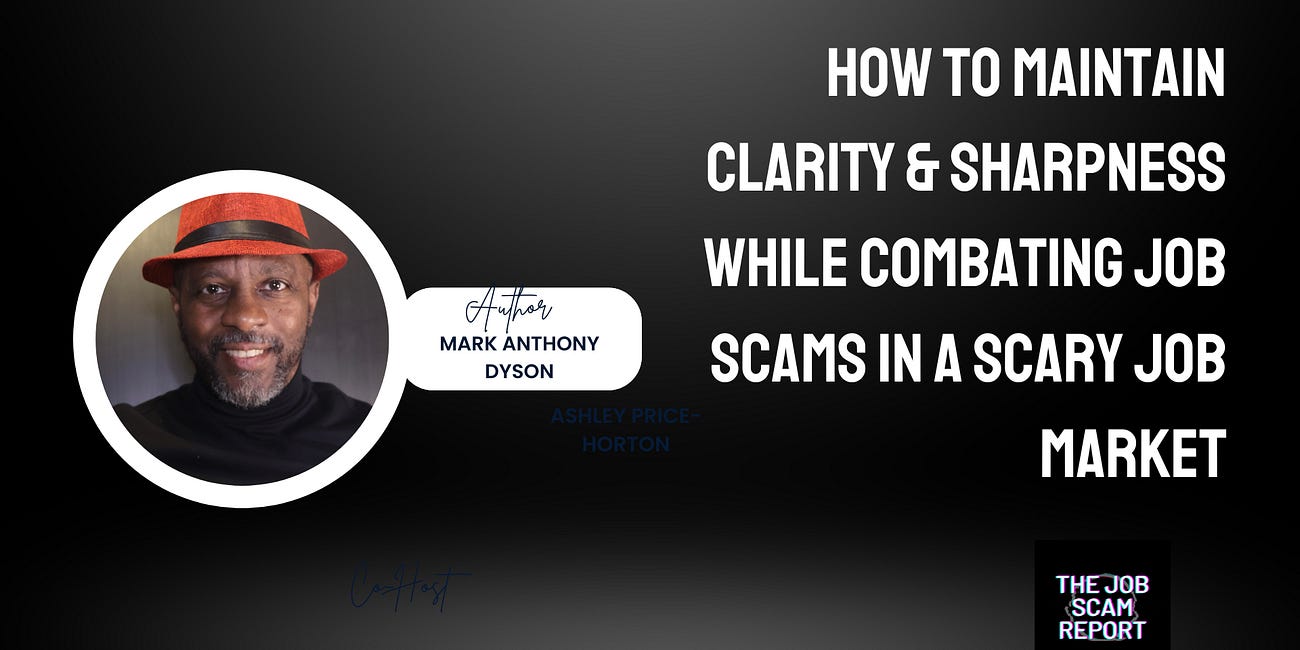I had the privilege of speaking with Michael Schuemack from IdentityIQ, a cybersecurity company monitoring scam activity. We dove deep into the surge of job scams, their tactics, and strategies job seekers can implement themselves.
Michael explained that his organization can anticipate some trends, but they often confirm new scam tactics only after hearing from affected members.
Social platforms like LinkedIn, Indeed, TikTok, and WhatsApp are all fertile ground for scammers, and no job board is immune. The lack of verification on these platforms allows bad actors to pose as legitimate recruiters or companies, making it even harder for job seekers to distinguish real opportunities from scams.
Scammers target individuals using specific keywords, such as “open to work,” and target potential victims based on their interest in entry-level roles, remote jobs, and high-turnover fields like tech, healthcare, and virtual assistance. They prey on people’s emotions, such as stress, anxiety, and desperation.
Bad actors initiate contact through messages that seem promising. Once a job seeker responds, scammers use social engineering to extract personal information or money.
Michael and I agreed that blocking and reporting scammers is necessary, but it often feels like a game of whack-a-mole. The best defense is a proactive offense: research every company that contacts you, never pay for job guides or certifications as part of the application process, and be wary of job descriptions that seem too polished or generic. Trust your instincts—if something feels off, it probably is.
Tools such as Grammarly and AI-detection apps can sometimes spot AI-generated or scammy content. Knowledge and awareness are the most powerful tools job seekers must embrace and practice.
Highlights from our discussion:
Vet companies, recruiters, and hiring managers. Verifying and researching job postings through their official websites and job boards. Contact the company directly.
Never pay for job guides, certifications, or training as part of the application or interview process.
Be cautious of job offers that seem too good to be true, especially for remote or entry-level roles.
Watch out for job descriptions that are overly polished, generic, or lack company-specific details.
Trust your instincts. Disengage if something feels off or investigate further. One sign of a red flag is enough to block.
Don’t share personal or financial information with recruiters or companies you haven’t verified.
Use tools like Grammarly or AI-detection apps to check for AI-generated or scammy content.
Be wary of unsolicited messages, especially those that ask you to click links or provide information.
Block and report suspicious accounts, but know that scammers will keep trying—stay vigilant.
Educate yourself about the latest scam tactics and share what you learn with others.
These are two subscriber-only pieces of content I’ve recently published. These should be very helpful to combat job scams. If you’re a free subscriber, and would like to get the additional member content available, and to come, upgrade your subscription below:
The Anti-Job Scam Toolkit: Know & Avoid These Risky Red Flags
Job scams aren’t a passing trend—they’re a permanent threat in today’s job market. Just as you lock your front door to protect your home, you need a trusted defense system to safeguard your career search. That’s exactly what you get when you join The Job Scam Report
How To Maintain Clarity & Sharpness While Combating Job Scams In A Scary Job Market
In this special edition of “The Job Scam Report,” there are two paid membership content access. You received this special newsletter because your contribution helps keep this newsletter going. I hear from many of you regularly, whether you tag me on LinkedIn posts, send me direct messages, or share the content with your community.















